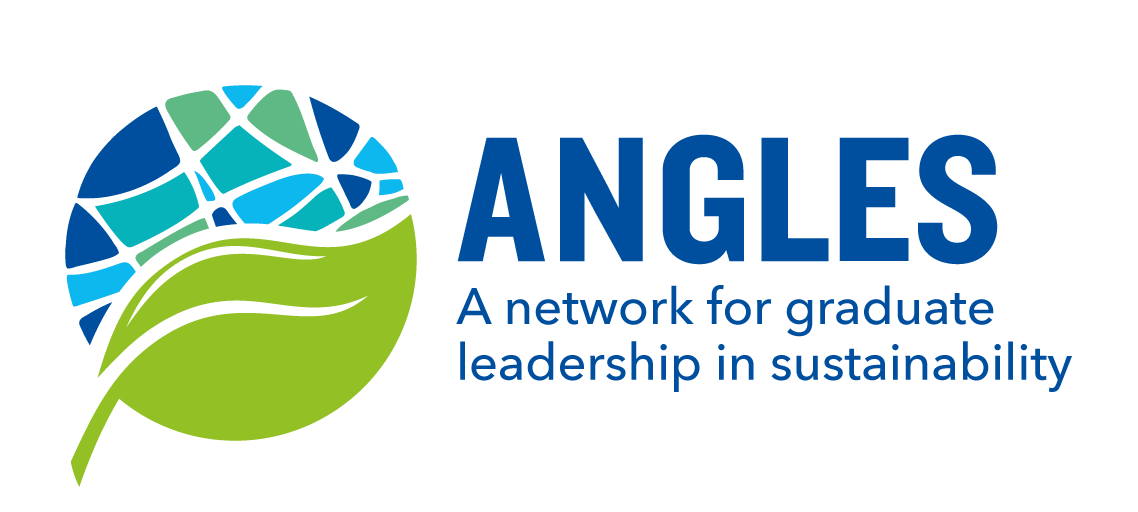The Global Change Center’s mission is to advance interdisciplinary scholarship and education to address critical global changes impacting the environment and society. We achieve our mission by providing a framework that encourages, facilitates, and rewards interdisciplinary research, education, and outreach across the intellectual landscape of Virginia Tech.
The center is home to an innovative interdisciplinary graduate education program designed to address the multidimensional aspects of global change. Participants (Ph.D. Fellows) typically enter the program during their first year of graduate studies and continue to participate throughout their time at Virginia Tech.
The goals of our interdisciplinary graduate program are to provide each Ph.D. Fellow with competencies in:
– The social, economic, and environmental causes and consequences of global change.
– The roles that science and scientists play informing public understanding, engaging with other stakeholders, influencing sound environmental policy, and effective communication of science to diverse audiences.
– The purpose and practice of collaborative, team-based, interdisciplinary research.
– Professional development tools leading to career success.
Our graduate program does not grant degrees. Students still receive their Ph.D. degree from their home department, but we provide them with a unique intellectual focus and additional training beyond the disciplinary expertise they develop in their home department. Our goal is for each student to gain depth in their specific area of expertise while simultaneously gaining breadth in the multifaceted realm of global change and the science-policy interface, as well as honing key skills for their professional careers (communication, leadership, collaboration, etc.).
